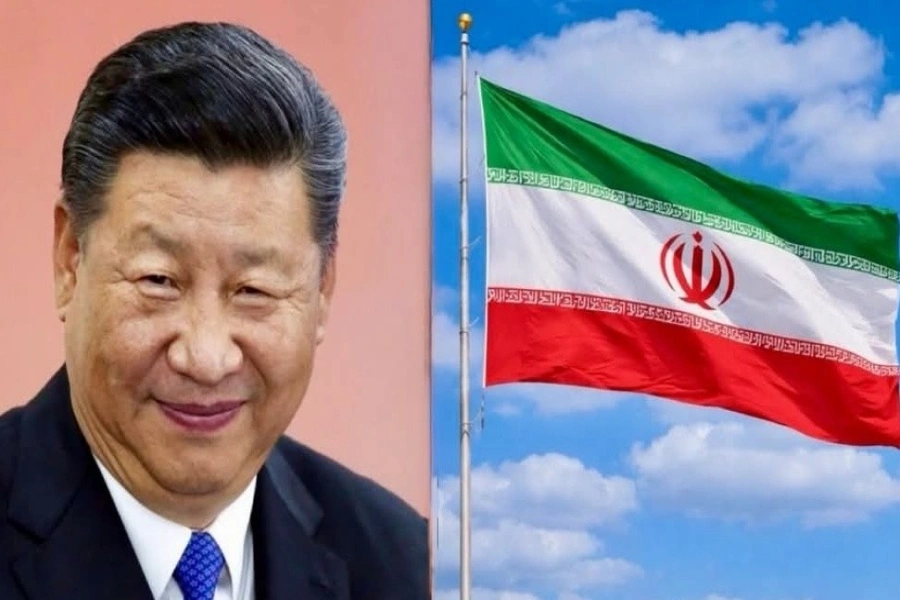KATHMANDU, Aug 21: An advocate filed a writ petition at the Supreme Court on Monday, claiming that various provisions of the Muluki Civil Code, 2017 and Muluki Criminal Code, 2017 which came into effect from August 17 are contradictory to the constitution.
Advocate Yagyamani Neupane filed the petition naming the Office of the Prime Minister and Council Ministers, the Ministry of Law, Justice and Parliamentary Affairs, Federal Parliament, Federal House of Representatives, and Federal Upper House as defendants.
Amend ‘repressive’ provisions of Muluki codes: Deuba

Claiming that the constitution does not prohibit anyone from taking the picture of anyone, the petitioner sought the apex court order to make Section 295 (1) of the Criminal Code which prohibits taking pictures compatible with the constitution. Article 19(1) of the Constitution has ensured the right to take picture of anyone under the rights of the freedom of media. The petitioner also claimed that mounting pressure on parliament by holding assemblies and gatherings has been guaranteed under the freedom of opinion and expression and sought the apex court order to nullify Section 58(1) of the Criminal Code. Article 17 of the constitution has guaranteed such freedom as the fundamental rights of the citizens.
Stating that begging by beggars for their livelihoods has been prohibited by Section 126 of the Criminal Code in contrary to Article 16 of the constitution, the petitioner sought to nullify this provision as well. According to the petitioner, it has infringed upon the beggars' right to food as guaranteed by Article 36 of the constitution.
The petitioner also claimed that Section 231 of the Criminal Code which allows taking action against medical doctors needs to be nullified. The petitioner has asked the apex court to make suitable provisions instead of the current one claiming that this provision contradicts with articles 17(1), 30 and 35 of the constitution.
Saying that Section 119 of the Criminal Code has prohibited publicity of prostitution which has not been criminalized by any existing law, the petitioner has asked the court to nullify it. The petitioner also asked the apex court to make it suitable keeping in mind the public morality and dignity under Article 17(1)(F) and 38(3) of the constitution.
Stating that movable and immovable property are equally important, the petitioner has sought the apex court order to transfer both types of property through attorney-in-fact by giving power of attorney as Section 154 of Civil Code has permitted to transfer only the immovable assets by attorney-in-fact in contrary to the constitution.

































